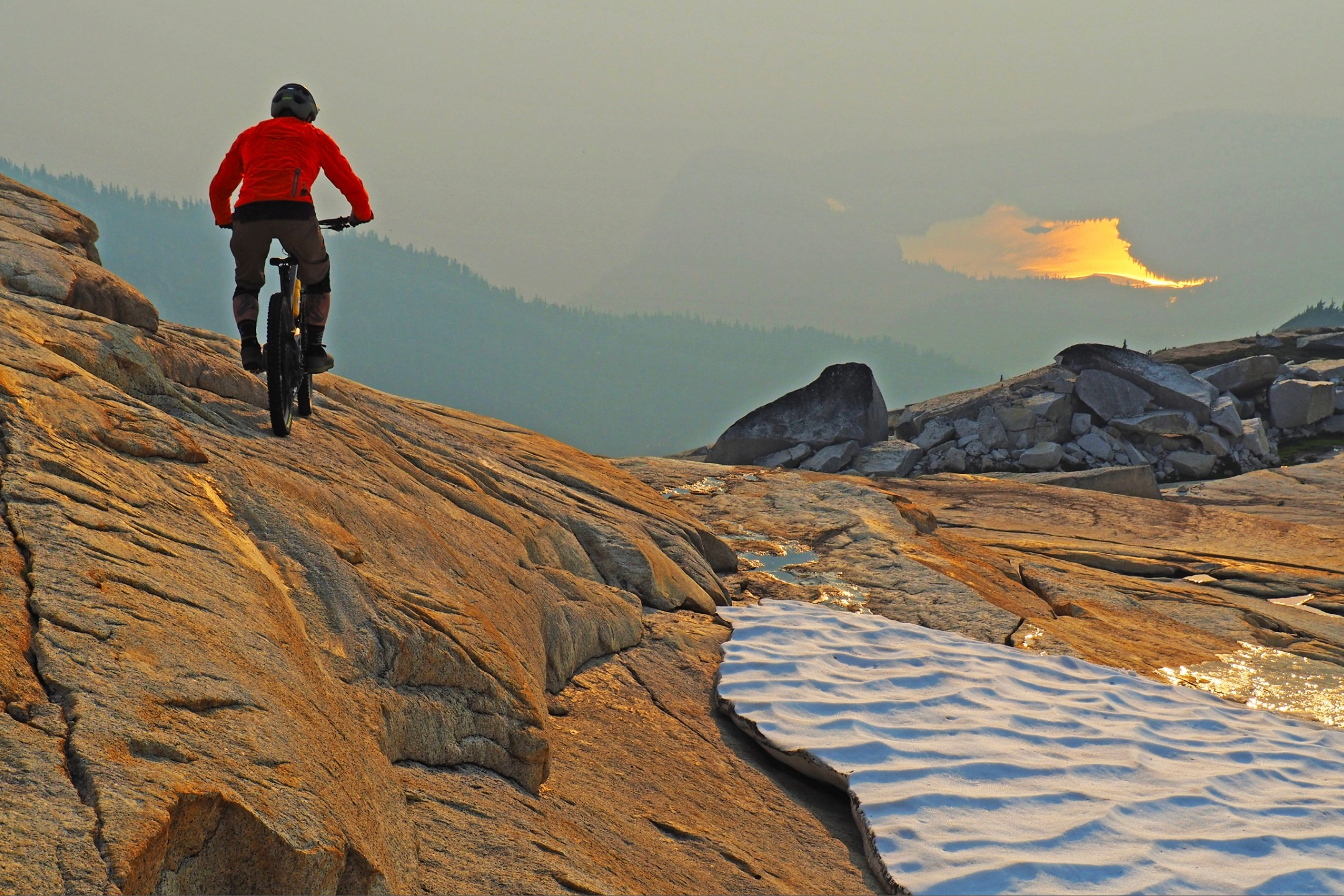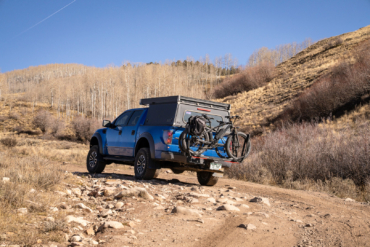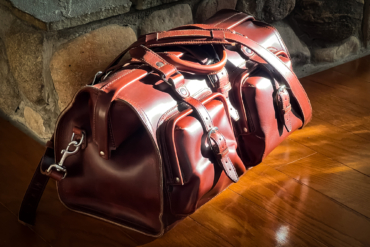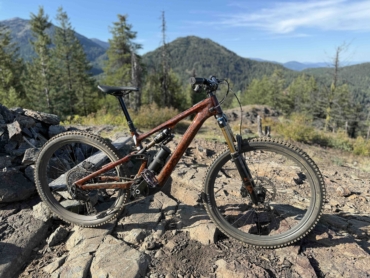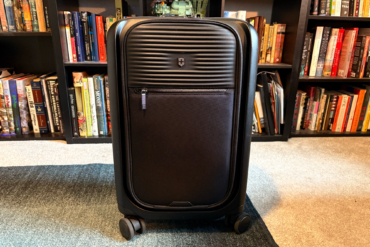Ian Middleton was topping out on a rock climb in British Columbia’s Coastal Mountains when he was struck with an epiphany. He stared out over the jagged granite peaks, glacial tarns, moraines, and valleys surrounding him. The area is massively popular among global adventure climbers. The endless terrain, steep pitches, cirques, rock walls, couloirs, and other features make it a vast natural playground.
But as Middleton gazed over the 1,000-mile range on Canada’s western coast, he also realized how prime the rock was for mountain biking. The idea to start his own guiding operation there hit him like a granite slab.
So he applied for what’s called an “Adventure Tourism Tenure” permit in Canada, and now his heli mountain bike operation — Flow State Guiding — has access to over 2,000 acres of terrain, with well over 6,000 feet of vertical relief in the heart of British Columbia‘s Coastal Mountains. According to Middleton, it is the “epitome of mountain biking.”
“It’s a very special zone,” Middleton told GearJunkie. “It’s all granite rock slabs.”
Flow State Guiding offers 3-, 4-, and 5-day trips that are all heli-supported. They navigate peaks and ridges, high alpine lakes, mazes of glacial snow, steep, techy friction slabs, and flowy descents.
To top it all off, during the evenings, guests stay at a basecamp situated beside two glacial lakes, framed by gorgeous mountains on one side and the Pacific Ocean on the other. The basecamp has a full kitchen, 450-square-foot canvas tent shelters, a firepit and stoves, and a sauna.
GearJunkie rapped with Middleton about his guiding operation and the wildly unique and spectacular landscape it accesses.
Flow State Guiding: ‘The World’s Longest Slab MTB Descents’

GearJunkie: This sounds like an amazing place to mountain bike. Can you describe its location and some of the highlights?
Ian Middleton: It’s located around this perfect quintessential alpine tarn that’s our base camp. You’re set up in this stunning view with no connection to town, and you’re looking over the ocean on one side and the middle of the Coast Mountains on the other. You can see famous peaks like Mount Waddington. You have these amazing tarns; they’re glacial lakes, and you can cold-dip in them with the sauna right there or ride your bike right to them.
We do three- to five-day trips up there, and it allows for you to do some peak-bagging — like full-out alpine missions — as well as really techy slabs and improbable descents that get you all the way down and out to the bottom.
GJ: What kind of riders is the terrain mostly geared toward?
Good question. I mean, definitely, not entry-level … when you [fill out the] application form, you give a bit of in-depth knowledge about what experience you’re coming in at, and there’s some video content. So we can curate the right groups together. That way, we’re not putting a beginner and an expert-level rider together.
You definitely need to be confident in brake control on rock slabs. And that’s kind of what we try to highlight. We can do tons of coaching if it’s the right group and they just really want to learn up there. But we’re hoping that people come in with some level of experience, with a lot of brake control and like having experience on rock before. It’s very different than loamy soil or bike parks.

GJ: Do you recommend people have any experience with heli skiing or heli biking, or is that just something that you walk all your guests through?
We walk them through it. The helicopter we use has bike racks that the bikes actually sit on while you’re in the heli, so it’s super straightforward. You get there, you meet the pilot, they load up your bikes, and they take you to the tenure [permit area].
But we’re finding, in vetting clientele, is that a lot of the guests are coming from heli-skiing because, really, the most relatable thing to this is heli-ski touring, where you land at a lodge, and then you’re ski touring or maybe doing one or two heli bumps in the day.
That’s kind of the closest form of what this is, just in the summer on big open rock slabs. Which is rad because, in typical mountain biking, you’re sticking to trails, and you’re on singletrack or maybe a bit wider. But this is like a playground where you can turn anywhere.
The natural thing that everybody I’ve ever taken up there does is start carving. It’s wide and open. This is like 6,000 feet [of descent] over basically 5 miles, on pure rock … there are dihedrals, ledges, and steep sections, and then there are open sections. So you’re really in it — you’re very much in the moment — which is where the name Flow State [Guiding] came from.
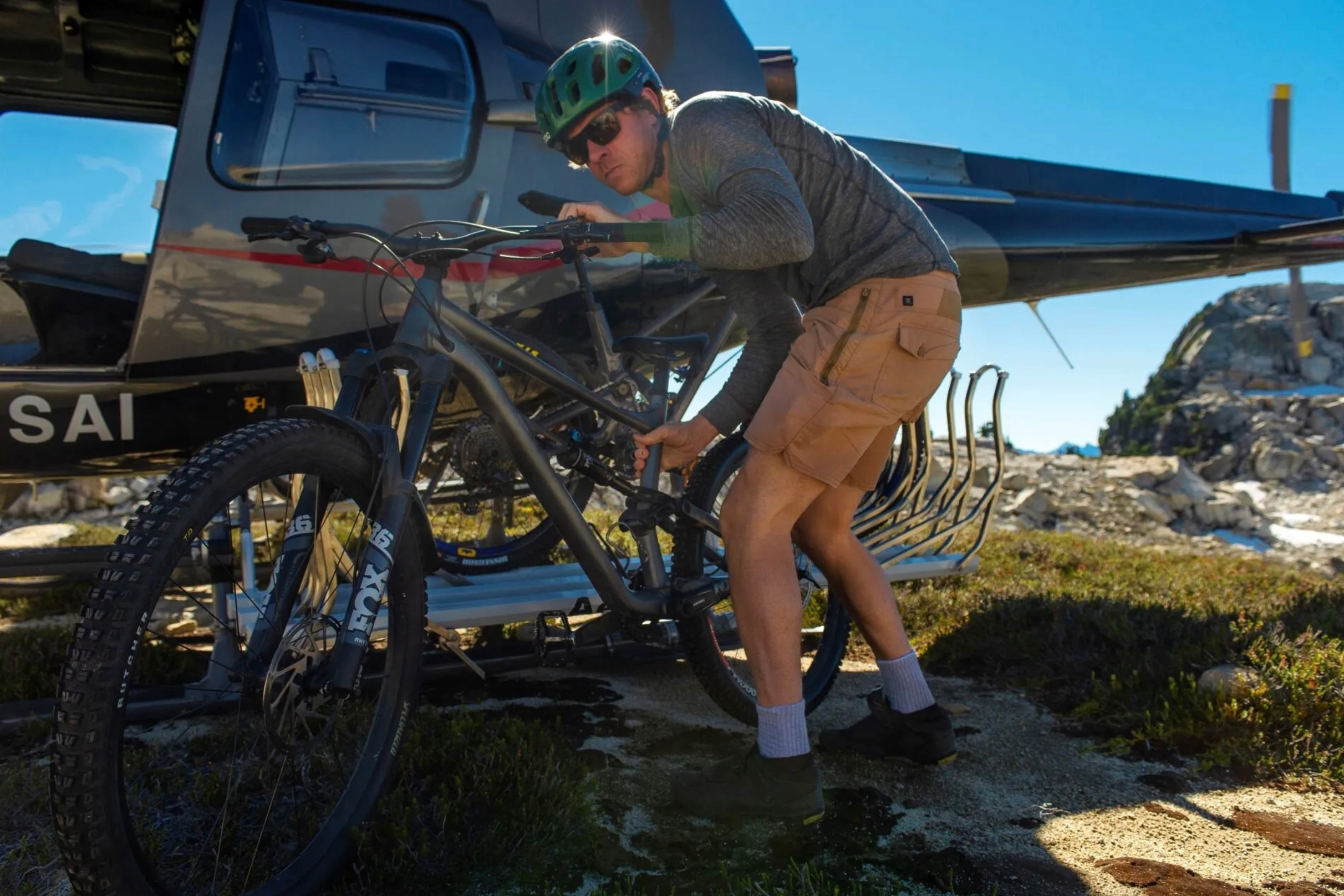
GJ: Could you give me an overview of what 3-, 4-, and 5-day trips look like?
They’re very different. On a 3-day trip, you land directly at base camp, and from there, there are three primary summits and ridgelines that you go out and do day by day. The first day, we go out and get this amazing view, then ride all the way down, making sure everybody is comfortable and feeling good on their bike.
Then, day two is a big day with this huge traverse that opens up on this other side that you’re staring at from base camp. It’s kind of what your eye is drawn to when you’re camping or waking up in the morning. You do this big loop way out and all the way down below camp, and then we traverse back in.
On the final day, no matter what trip it is, we actually just send off a totally different face that you can’t see from camp and go the whole way down to the bottom and get picked up by a heli.
For the 4- and 5-day trips, we actually [initially] land in a different zone that’s high above base camp. There’s this massive descent that’s a full-day mission. That’s kind of the big difference. If you’re not doing the 3-day and you’re going to the 4- or 5-day, you start on this descent line into the campground. The 5-day trip covers even more [terrain]. The last day is just massive.
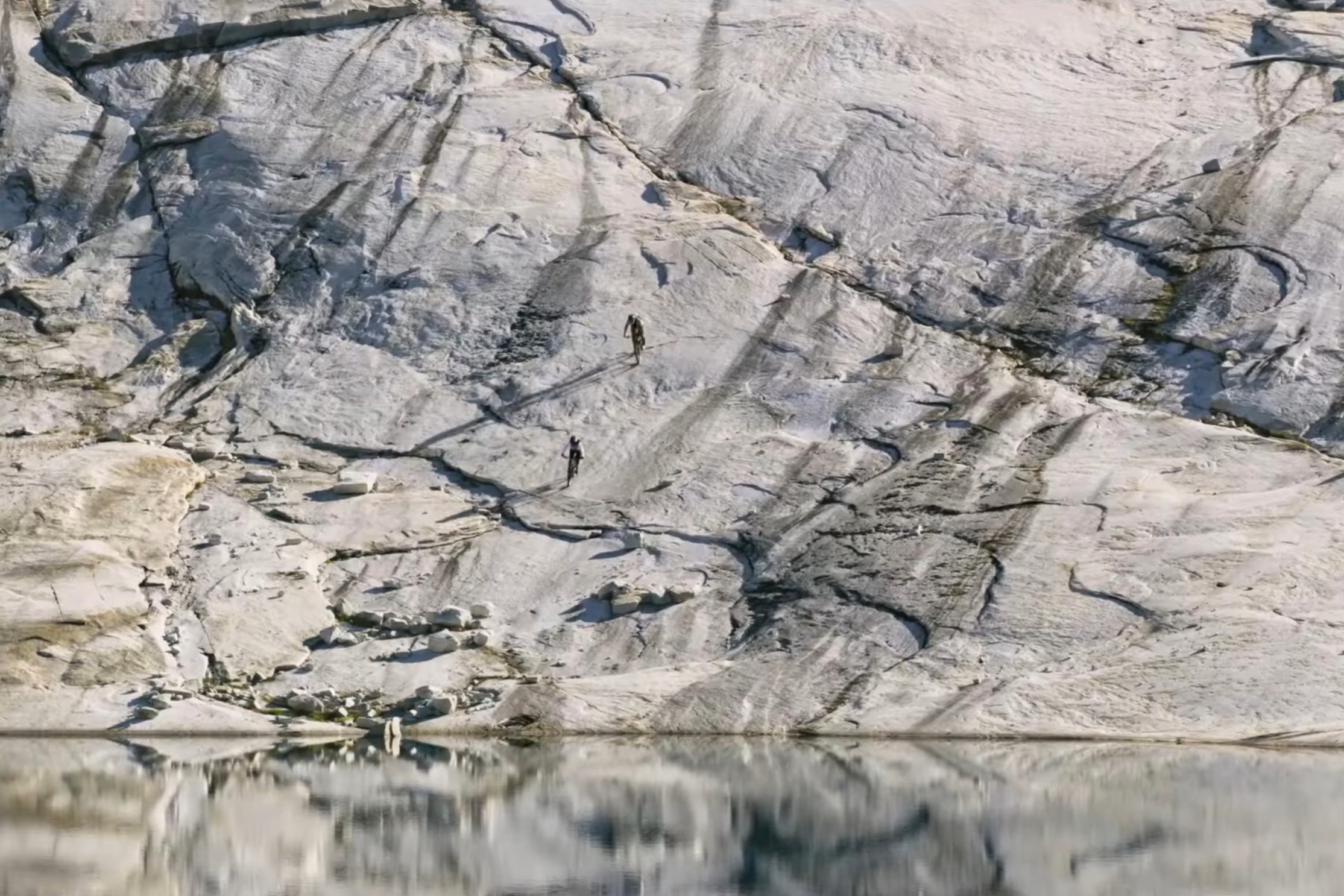
GJ: So the base camp doesn’t move throughout the trip. Are you taking off from there and going on different rides?
Exactly. Yeah. It’s static. It’s at this beautiful little alpine cirque, fully protected from the wind with beautiful sunsets and sunrises. You get east-west facing perfectly there. So it’s just this magic zone; there’s no better place in this terrain for a camp.
GJ: What about the geography and the landscape of the Coastal Mountains do you want people to know about most?
What ignited the spark was actually the deforestation and the devastation in the area. And so when people are up there riding or even flying, you see these massive old-growth forests with Douglas fir, cedar, and hemlock that are being threatened constantly [by deforestation]. That was a big part of my personal story. To get this zone cleared so that people felt connected to that land. It’s such a sacred, amazing spot that’s really improbable — I think is the best word for it.
The vistas and views are just unmatched … You’re surrounded by these stunning granite peaks that [represent] the history of climbing in Canada. You’ve got Mount Waddington that you’re staring at during breakfast, and you’re up there in an area that’s very hard to reach. Most people take a week to get there, and you’re there riding on top of these ridges.

GJ: You guys are going to start rock climbing and surf guiding as well. Is that correct?
Yeah. So, in this zone, at the bottom of it in an adjacent valley, is world-famous rock climbing. And I’ve just finished the 10-year application for that. So this year, we’re hosting people out there and next year we’ll have guided trips.
And then surfing is just on the other side. From the summit of the riding area, you actually get to see the surfing zone across the other side of the water. Surfing is another full year and a half out. But that’s the dream: surf, rock climb and bike. That’s kind of really what the West Coast is known for in Canada. And they all inspire being in the moment and breathing, which is how the name Flow State [Guiding] came to be.

Book Your Trip
Three-day heli-MTB trips with Flow State Guiding cost $3,995-4,495, 4-day trips are $4,995-5,495, and 5-day trips are $5,195-6,495. The brand offers bike rentals, equipment purchases, and the option for a bike park drop as “add-ons” at checkout that affect the price. Each trip is limited to eight people.
Check out the Flow State Guiding website for more detailed information on the terrain and offerings and to book your trip. You’ll also find plenty of information on how to get there, and what you’ll need to bring.
